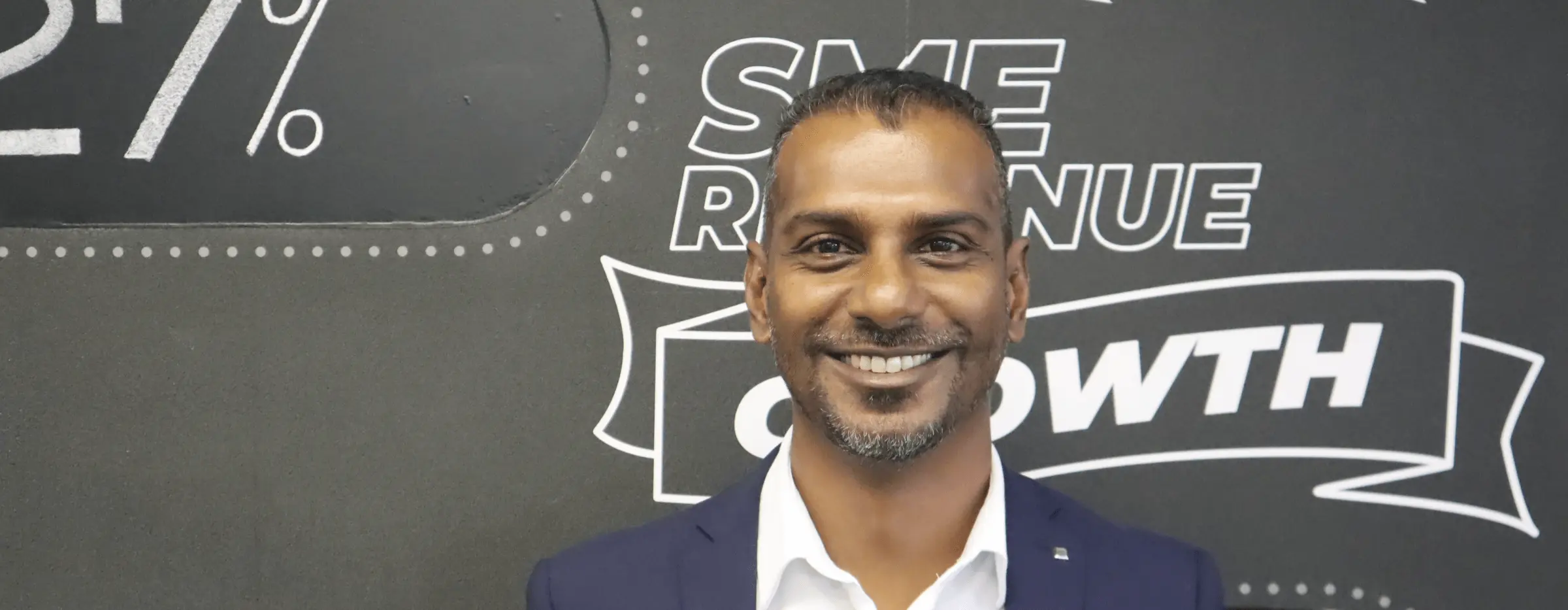Maximise Value and Minimise Costs
Empowering the growth of small businesses is paramount to tackling South Africa’s greatest challenges, including a rising unemployment rate and sluggish economic growth. When discussing supporting small businesses, we often speak about it in the context of the SME development trifecta: access to funding, skills, and market. Trevor Naidoo, founding director of ProcureSense, argues that access to market is the most important factor to ensure the sustainable growth of SMEs, and South Africa’s entrepreneurs would agree. According to a survey conducted by PWC, entrepreneurs cite access to market as their greatest challenge. So how do we solve the market access problem and unlock greater opportunities for our SMEs? Trevor believes corporate South Africa holds the key.
“Research shows that corporate South Africa spends three times more than the government. If we want to enable access to market, the way to do that is through corporate South Africa, not the government” says Trevor. “What we have found from our research is that, in general, less than 10% of corporates’ purchase of goods and services is with small businesses in South Africa. Therein lies the problem”. Trevor explains that if we understand that small businesses are critical for economic growth, innovation, and job creation, the country depends on corporate South Africa to increase its spending with SMEs.
However, this is not about duty, obligation, or compliance. Trevor’s years in procurement have demonstrated how corporates can maximise value, minimise costs and drive innovation within their supply chain by procuring from small businesses. Supporting small businesses can yield big rewards for corporate South Africa. To achieve this, Trevor advises corporates to move beyond conventional procurement practices within their organisation and reinvent their Enterprise and Supplier Development strategies to enable them to unlock value for themselves and market access opportunities for small businesses.
Here we will explore 5 game-changing strategies to move your organisation beyond conventional procurement supported by the industry knowledge of procurement expert Trevor Naidoo.
- Diversify and localise procurement spend
- Think innovation beyond compliance
- Adopt an integrated approach to Enterprise and Supplier Development
- Shift to a future-focused value perspective
- Leverage the power of data
Diversify and localise procurement spend
Conventional procurement best practice stipulates that corporates should consolidate their supplier base and rationalise their procurement spend. In other words, it suggests that corporates should spend more with fewer suppliers. However, Trevor says this often results in big businesses procuring from other big businesses. Instead, he suggests that corporates unbundle their procurement spend and procure from more small businesses closer to their area of operation as opposed to procuring from a single big business. By diversifying and localising their procurement spend, corporates can build resilience in their supply chain, improve relationships with suppliers, and ultimately achieve better outcomes in terms of cost savings, quality, and innovation, all while stimulating the economy and creating jobs.
Think innovation before compliance
In South Africa, Preferential Procurement typically goes hand-in-hand with Enterprise and Supplier Development (ESD) initiatives. However, all too often, corporates view and implement ESD initiatives solely through a compliance lens. In doing so, Trevor believes that corporates are missing out on the greater opportunity to foster innovation within their supply chains. “In an ideal scenario, an organisation should be thinking about the areas in their supply chain that need transformation, disruption and innovation and leveraging ESD initiatives to build and capacitate suppliers for their future supply chain”. By valuing innovation in equal measure to compliance, Trevor believes that corporates can open the doors to allow disruptive and innovative small businesses to enter their supply chain.
Adopt an integrated approach to Enterprise and Supplier Development
What often prevents corporates from achieving their strategic objectives is when functions within an organisation that should be working together are working in silos. “In an organisation, you’ll have someone who oversees Enterprise and Supplier Development and then someone else who is in charge of Preferential Procurement and within these functions they work in silos,” says Trevor. These silos are barriers to communication, efficiency, and innovation. Trevor explains that the intent is for these functions to work in an integrated, cohesive manner and advises that corporates ensure that these functions work in unison to unlock market access opportunities for SMEs and create value beyond compliance for their organisation.
Shift to a future-focused value perspective
To unlock the next level of value, Trevor advises that corporates move beyond conventional procurement practices that don’t enable disruptive businesses to enter their corporate supply chain. Instead, Trevor advises that corporates redesign their operating model from a transactional procurement perspective to a strategic value-chain perspective. Moving beyond a tactical and conventional procurement perspective requires that corporates adopt a future-focused and forward-looking approach that will empower organisations to proactively evaluate the areas in their supply chain that are ripe for innovation. This will enable corporates to be more strategic with their procurement spend.
Leverage the power of data
Big data analytics is a powerful tool for organisations to gain insights and make data-driven decisions in today’s data-driven world. Trevor encourages corporates to leverage the power of big data analytics to lead their procurement strategies and Enterprise and Supplier Development initiatives. The goal of big data analytics is to uncover hidden patterns and insights that can help organisations to make better decisions and identify strategic opportunities for innovation that exist in their supply chain. By utilising big data analytics, Trevor has helped corporates to restructure their operating model from conventional procurement practices to future-focused, value-lens procurement practices. This has unlocked greater value for corporates and greater market access opportunities for SMEs.
For more insights on how to level up your procurement, listen to the podcast, Unlocking Market Access Opportunities to Drive Disruption and Innovation.


